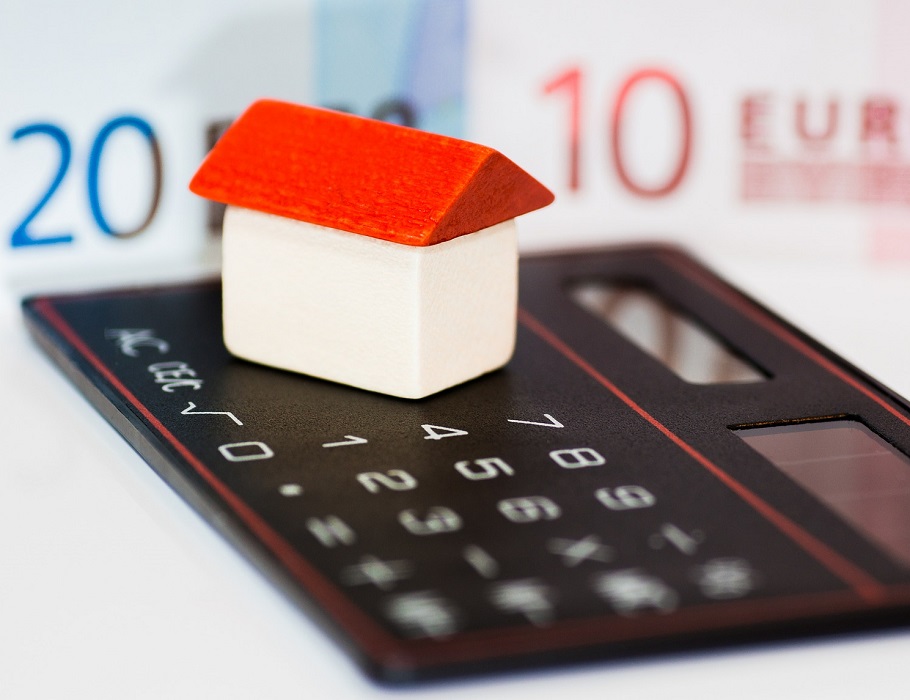Serious about buying abroad in 2018? Before you start browsing, it’s worth getting your head around all the costs that come with an overseas property transaction – it could save you a lot of time and heartache!
Additional buying costs
Nine times out of ten, the cost of taking ownership of a property, regardless of whether it’s in the UK, Europe or further afield, will be more than just its advertised price – whether on-line or in an estate agency’s shop window. So, before you start your search, get to grips with the extra costs incurred by a property transaction in your chosen destination and ascertain what your total budget is. This way you can browse properties with a realistic idea of whether you can afford them.
In Europe, these additional buying costs can range from 5-13 per cent depending on country, but what do they include? As a general rule, for a resale property expect to pay transfer tax on the value of the purchase price, or VAT if you are buying a new property. Unlike in the UK, even as a buyer it is likely you will have to pay commission to the estate agent selling you the property – establish these details as soon as possible.
On top of that, you’ll have the fees of your independent lawyer and the elected notary to pay – the latter’s will include land registration, stamp duty and any other small disbursements. Buying with a mortgage usually incurs extra fees. For more detailed information, download a free country buying guide – or see below.
Ongoing costs
Get a ballpark figure for the cost of owning and running a property before committing to buy it. For starters, your outgoings will include annual council tax, which in Europe typically is less than in the UK, and if your property is part of a complex or urbanisation with communal facilities, you will also have community fees to pay, usually monthly.
Then there are the usual household bills for utilities, maintenance and insurance. Running a private pool will be an extra cost. As a foreign homeowner in Europe, it is likely you will be obliged to file a non-resident tax return in the country your property is in, and even if you do not rent out your property a small amount of imputed income tax could be due.
Not forgetting, if you use a property management firm to maintain your property, particularly if you rent it out, or simply hold keys for you and assist with bills, you will have their fees to consider too. Don’t be afraid to ask the estate agent about all these costs, or speak to other homeowners in the area and find out what they budget each month or year to cover everything.
The currency factor
Too often overlooked until the last minute, the exchange rate can affect how much you have to spend on your overseas home. Giving no thought to this early on could cause major disruptions to your buying plans.
Here’s why. Right now, the funds you intend to use for your overseas purchase are likely to be in pounds, but you’re about to start browsing foreign property priced in euros or dollars! Which means the real cost of a property to you will depend on the exchange rate you receive when you transfer money for the purchase. Remember too, you might agree a purchase price in euros, taking in to account the exchange rate at that time, but by the time you come to complete and need to send the balance over, the rate will have changed.
So what’s the answer? The safest thing to do is speak to currency firm Smart Currency Exchange, specialists in transferring money for overseas property-buyers, when you’re ready to start house-hunting. They have solutions for minimising the risks associated with exchanging currency and transferring it overseas.
Written by Overseas Guides Company.
For more information on buying abroad get your FREE Country Buying Guide!




See all available country guides
If you are considering an overseas property purchase, whether for lifestyle or investment, opening a no-obligation account with FCA-authorised Smart Currency Exchange will enable you to benefit from their competitive exchange rates and specialist currency knowledge, ultimately saving you money and time. For more information, download Smart Currency Exchange’s free report or visit the Currency Zone.


